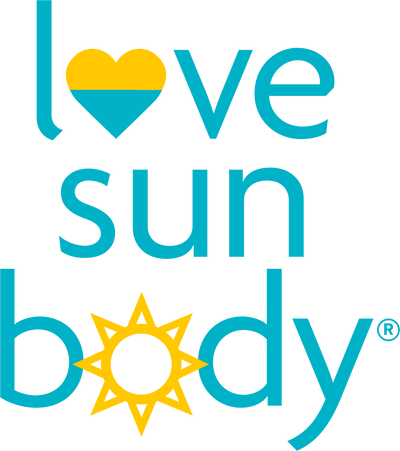Citing the need to protect and preserve marine ecosystems including coral reefs, the US Virgin Island territory's Senate Committee on Government Operations unanimously voted to push the bill No. 33-0043 forward to the Rules and Judiciary Committee on Monday, May 20, 2019. The US territory of the Virgin Islands has become the latest community to consider a ban on certain sunscreen ingredients over concerns that they pose a risk to coral reefs and other marine life.
The bill cites concerns that the two substances oxybenzone and octinoxate – which are contained in many sunscreen and personal care products. The bill states that these ingredients have "significant harmful impacts on the Virgin Islands’ marine environment and ecosystem". These include coral bleaching and other problems for numerous species, including those protected by the federal Endangered Species Act. The bill says that the chemicals continually enter local waters both because of swimmers and beachgoers, as well as through products washing down the drain, because the territory’s wastewater treatment process does not remove them.
The legislation would ban sunscreen products that contain oxybenzone or octinoxate on a staggered timeline:
- after 31 December 2019, importing them for sale would be illegal;
- after 30 September 2020, selling, offering for sale and distributing them would be illegal; and
- after 1 January 2021, using, possessing or bringing them into the territory would be illegal.
The bill stipulates that violation of the above would result in a fine of $1,000 for the first offence and $2,000 for each subsequent offence.
If the bill passes into law, the Virgin Islands will follow Hawaii, Palau, and Key West, Florida in banning products containing these substances.
But focus on sunscreen ingredients has also increased at the federal level this year.
In February, the US Food and Drug Administration (FDA) released a proposal to finalise a monograph for over-the-counter sunscreen products, as part of its effort to update its sunscreen product regulations.
The proposal requested more information on 12 ingredients for which the FDA has "insufficient safety data" to confirm that they are ‘generally recognised as safe and effective’ (Grase). Both oxybenzone and octinoxate were included in this group. If the agency does not receive data sufficient to determine the substances are Grase, they will be required to go through the new drug approval process before they can return to the market. The Environmental Working Group (EWG) has issued its 13th annual guide to sunscreen products and ingredients. It found that 60% of non-mineral sunscreens in the US contain oxybenzone. EWG recommends that consumers pick mineral-based sunscreens made with zinc oxide and/or titanium dioxide.

